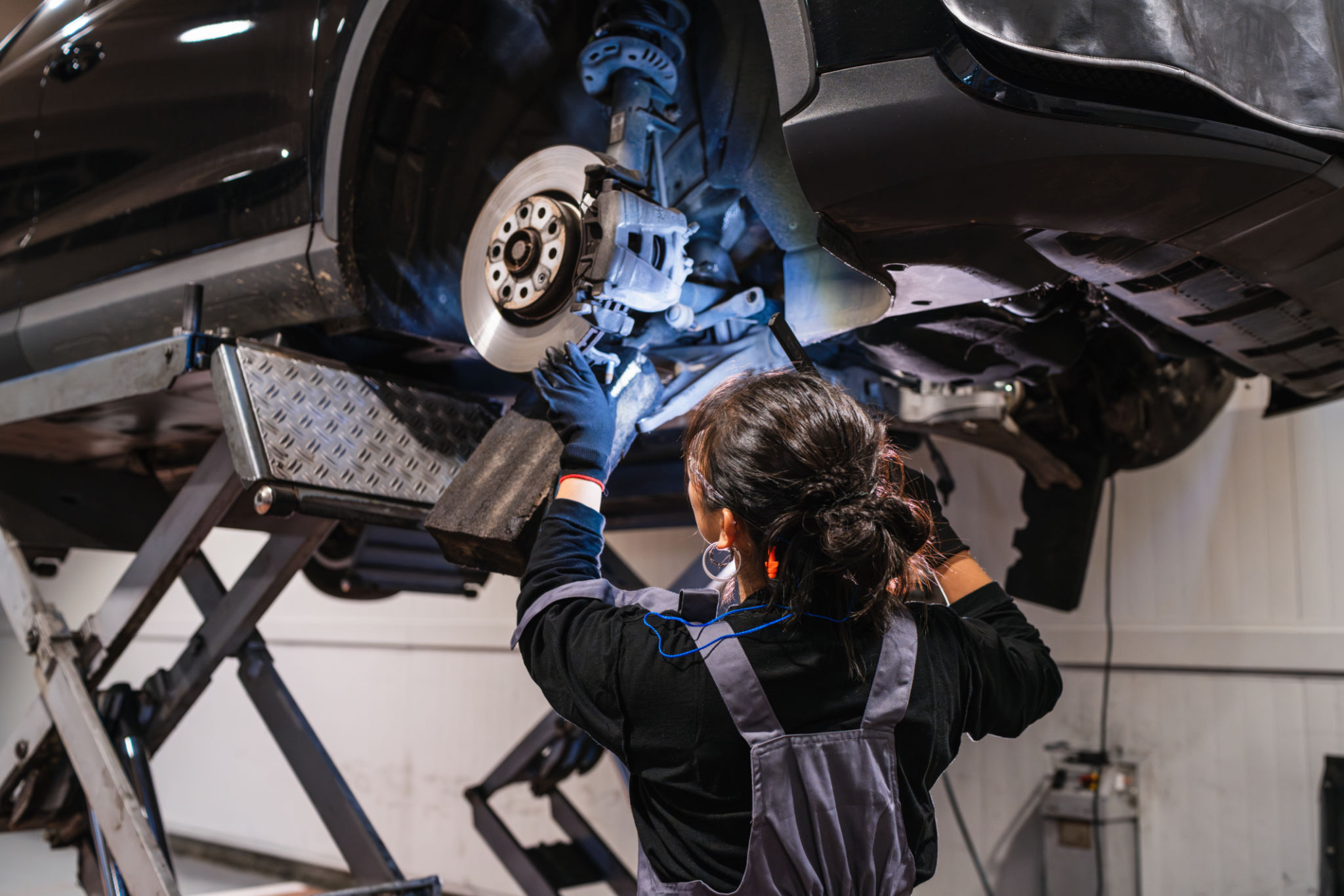Debunking Common Brake Myths: What Birmingham Drivers Should Really Know
Understanding the Basics of Brake Systems
Brakes are one of the most critical components of any vehicle, yet there are many myths surrounding their maintenance and functionality. Birmingham drivers, like drivers everywhere, need to be well-informed about how brake systems work to ensure safety on the road. This post aims to debunk common brake myths and provide accurate information for a smoother and safer driving experience.

Myth 1: Brakes Stop the Car by Clamping on the Wheel
A common misconception is that brakes stop the car by clamping directly onto the wheel. In reality, brakes function through a system that applies pressure on brake pads, which in turn creates friction against the brake rotors. This friction is what ultimately slows down and stops the vehicle. Understanding this process highlights the importance of maintaining both brake pads and rotors in optimal condition.
Regular inspections and maintenance are crucial because worn-out pads or damaged rotors can significantly reduce braking efficiency. Birmingham drivers should schedule routine check-ups to catch any potential issues early.
Myth 2: Squeaky Brakes Always Mean They Need Replacing
While squeaky brakes can be annoying, they don't always indicate that a replacement is necessary. Sometimes, brakes may squeak due to moisture, dust accumulation, or even cold temperatures. However, persistent squealing should not be ignored as it could signify that brake pads are worn out or misaligned.

If you hear consistent squeaking, it's wise to have your brakes inspected by a professional mechanic. They can determine whether it’s a minor issue or if a replacement is necessary to ensure your vehicle's safety.
Myth 3: Premium Brake Pads Are Always Better
Another myth that many Birmingham drivers might believe is that premium brake pads are always superior. While high-end brake pads often come with enhanced features and durability, they may not be suitable for every vehicle or driving style. It's essential to choose brake pads based on your specific vehicle model and typical driving conditions rather than just opting for the most expensive option.
Consulting with a trusted mechanic can help you select the best brake pads for your needs, ensuring optimal performance and safety without unnecessary expenses.

Myth 4: Brake Fluid Never Needs Changing
Some drivers assume that brake fluid is a "set it and forget it" component, but this is far from true. Over time, brake fluid can absorb moisture, which decreases its effectiveness and can lead to brake failure. Regular brake fluid checks and changes are essential for maintaining a responsive braking system.
Most experts recommend changing your brake fluid every two years or as specified in your vehicle's owner manual. By keeping up with this simple maintenance task, Birmingham drivers can enhance their vehicle's braking performance significantly.
Conclusion: Stay Informed for Safer Driving
Debunking these common myths helps drivers make informed decisions about their vehicle's maintenance needs. Understanding how brakes function and knowing when to seek professional advice can significantly impact your safety on the road. As a Birmingham driver, staying informed and proactive about your vehicle's braking system ensures not only your safety but also enhances the overall lifespan of your vehicle.